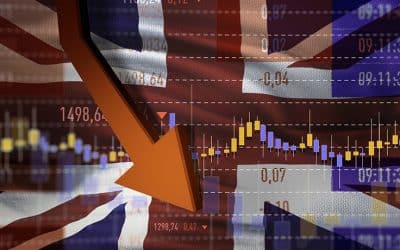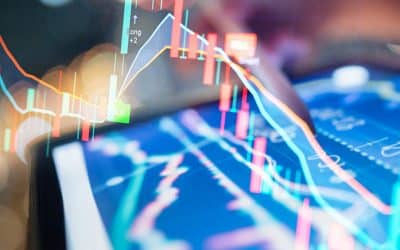“I don't think there's a bubble in the stock markets, even if what's driving the rallies doesn't make much economic sense”

Redacción Mapfre
Along with the ongoing debate on whether inflation is now temporary or permanent, another has arisen among an already large group of analysts: Is a bubble now taking shape in the equity and fixed income markets that could burst in the coming months? Alberto Matellán, chief economist at MAPFRE Inversión, explains on Radio Intereconomía that a bubble emerges when rallies have no solid support behind them to justify them. And, at the present time, although it makes no economic sense, these are due to the policies of the central banks and the massive injection of money into the markets. That said, he believes that a major change in the interest rate scenario could lead to a “sharp correction” that could come, according to this expert, in the first half of 2022.
In addition to a scenario of higher inflation, growth expectations are deteriorating. Just this week, the International Monetary Fund issued a warning on rising prices and that the world economy is losing steam. Matellán acknowledges that the growth scenario is weaker than a few months ago, but “it is a return to a certain normality with data that continues to be positive.” Even so, he believes it is important to see how this is affecting investors, since “the optimism that prevailed until the summer is retreating significantly and even at risk of turning into pessimism in some cases,” he adds.
In addition to the macroeconomic data, the US corporate earnings season has begun. And it is clear that these factors, in addition to the upturn in prices, may be affecting results. Once again, Matellán believes that this is a normalization process and not a more artificial rebound caused by the pandemic, as has been the case up to now, and therefore it is normal to expect worse earnings results. However, more than the figure as such, there are three issues to look out for. First of all, how inflation is impacting margins, that is, whether companies can withstand these price increases or whether they have to pass them on to the end consumer. In addition, we should also focus on what influence these shortages in microchips and the labor market will have. And lastly, what will be companies’ main approach for the coming year? Here, Matellán thinks a prudent attitude is called for “to avoid the risk of greater disappointment.”
Finally, pending confirmation of whether inflation really is a temporary phenomenon, he recommends that individual investors discuss with their financial advisor whether their current portfolio is protected against a higher price scenario.



